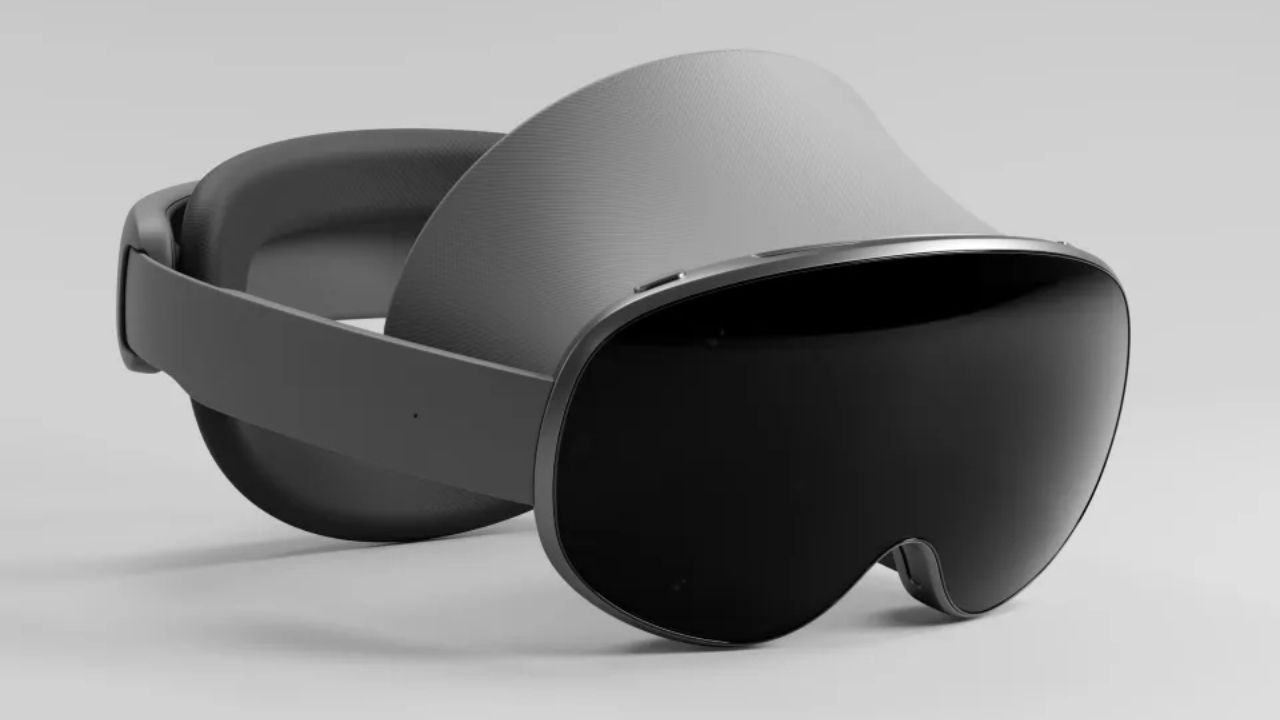
The technology world is preparing to witness a brand new era in the field of extended reality (XR). The new Android XR ecosystem, developed in partnership with Google, Samsung and Qualcomm, stands out as an ambitious platform that brings together augmented and virtual reality experiences. With the announcement made in 2024, this collaboration had a wide impact in the technology industry.
Although Google had previously appeared in the XR field with projects such as Google Glass and Daydream, these initiatives did not have the desired effect. However, this time the cooperation between technology giants is considered a more determined and technologically equipped step. The new devices developed are expected to make a big leap in terms of both user experience and technical capacity.
One of the most notable features of the Android XR ecosystem is that artificial intelligence is deeply integrated into this platform. Google’s advanced artificial intelligence assistant, called Gemini, aims to redefine users’ interactions with devices. Integrating an interface focused on voice commands and natural speech into the XR experience will enable users to have an extraordinary experience.
XR glasses and headphones developed by Samsung stand out with their lightness as well as their ergonomic design. These devices promise to offer both augmented reality (AR) and virtual reality (VR) experiences at the same time, with their high-resolution screens and advanced switching features. In this way, users will be able to interact more easily with digital content without completely disconnecting from the real world.
One of the cornerstones of Android XR’s success lies in the broad possibilities offered to developers. Google aims to support developers by offering custom APIs, emulators and hardware development kits for the XR platform. In this way, it will be possible to develop creative and functional applications for the platform.
Bringing applications compatible with XR devices to users, especially via Google Play, will contribute to the rapid growth of the ecosystem. Redesigning popular applications such as Chrome, Google Maps and YouTube specifically for XR devices may make it easier for these devices to become widespread in daily use. On the other hand, new software developed aims to offer brand new usage scenarios in business and entertainment areas.
Samsung’s new XR device, known as “Project Moohan”, is equipped with features that will raise the bar in the industry. High-resolution displays, multi-mode natural input support and ergonomic design are among the prominent features of this device to bring the user experience to the top. In addition, thanks to the lightweight structure of the device, it is aimed to provide a comfortable experience even during long-term use.
In addition to this device, Samsung is also working on XR glasses with Google. These glasses are expected to offer practical solutions in daily life by integrating with augmented reality technologies. For example, functions such as translating the menu in a restaurant, getting suggestions for furniture placement, or learning the meaning of signs in the environment are just some of the features offered by these glasses.
The development of new XR technologies brings with it the issue of privacy. Google announced new privacy controls designed specifically for its Gemini AI assistant. It is emphasized that these controls are an important step in protecting user data and using devices safely.
In addition, special software and visual warnings are being worked on to prevent privacy problems that may arise due to the camera designs of XR devices. In particular, it is planned to offer solutions that will prevent people around them from being unknowingly viewed using augmented reality glasses.
It seems that XR technologies have great potential not only in the business world but also in the entertainment field. Google aims to diversify the user experience by offering game ports and software optimizations to developers for Android XR. The fact that game engines such as Unity fully support Android XR is another important detail that will make the job of developers easier.
Studios such as Owlchemy Labs have already started developing fun and innovative games for the Android XR platform. These games aim to offer players a more immersive experience, thanks to voice commands and natural motion detection technology.
This strategic collaboration between Google and Samsung in the field of XR has had a wide impact in the technology world. These devices, which are expected to be released in 2025, are expected to set new standards in the field of extended reality by redefining the user experience. So much so that this platform can be widely used not only in the entertainment and business world, but also in daily life.
Google’s experience in artificial intelligence and Samsung’s experience in hardware technology is one of the main factors that make this collaboration strong. The partnership of these two giants can be considered as the beginning of a new era in the extended reality ecosystem.
Source link: https://www.teknoblog.com/android-xr-ile-google-ve-samsung-genisletilmis-gerceklikte-iddiali/
Web sitemizde ziyaretçilerimize daha iyi hizmet sağlayabilmek adına bazı çerezler kullanıyoruz. Web sitemizi kullanmaya devam ederseniz çerezleri kabul etmiş sayılırsınız.
Gizlilik Politikası